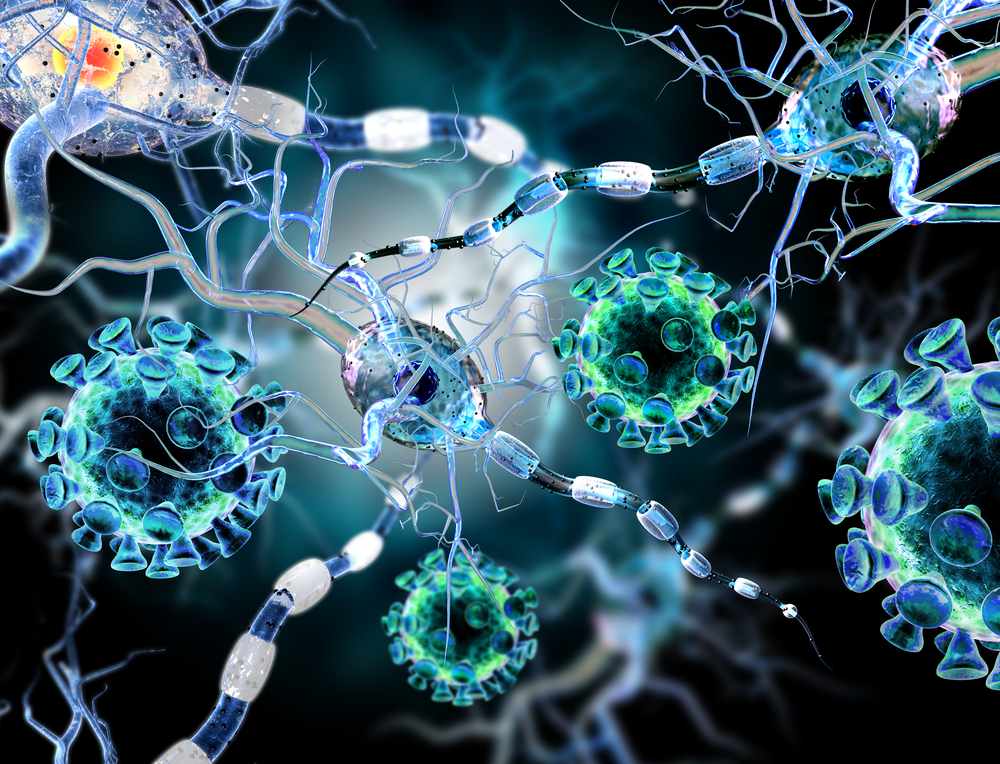Fingolimod Could Be An Answer To Cognitive Deficiencies In Huntington’s disease
Written by |

Fingolimod, a drug often prescribed to patients with Multiple Sclerosis (MS), has found a new application to treat patients with cognitive impairment in Huntington’s Disease. These were the conclusions of a group of researchers at the University of Barcelona (UB) and the August Pi i Sunyer Biomedical Research Institute (IDIBAPS), who studied the effects of the drug in preclinical mice models of the disease. The results of this study were published in the journal Human Molecular Genetics and highlighted by the journal Nature Reviews Neurology.
Huntington’s Disease, a progressive and irreversible neurodegenerative condition, affects cognitive and physical capabilities. It is a rare genetic condition that affects five to seven people out of every 100,000 in the western countries. It causes extensive damages to basal ganglia which leads to motor neurone disturbances, affecting synaptic plasticity and resulting in cognitive and psychiatric disturbances.
In this study, researchers investigated the interactions between signalling pathways of brain-derived neurotrophic factor (BDNF) with receptors TrkB and p75NTR, a key factor in synaptic plasticity regulation, cognitive function and memory. Previous work from the team had already highlighted a cognitive and synaptic deficit of Huntington’s disease patients linked to an imbalance between these two receptors, which was now discovered to be regulated by Fingolimod through a simultaneous increase in TrkB and a reduction in p75NTR, reducing neuroinflamation and restoring neuronal functions. Mice exposed to the drug for long periods of time showed significant improvements in terms of cognitive functions and physical activities.
“Preclinical results show an improvement of cognitive deficits in Huntington’s disease. Given the safety profile of the drug and the fact that it can also rescue motor deficits in HD mice, the study suggests that fingolimod can be an effective drug to treat Huntington’s disease. We believe it would be worthy to carry out clinical trials in the mid-term”, stated Professor Jordi Alberch, head of the Consolidated Research Group on Pathophysiology of Neurodegenerative Diseases of the UB, IDIBAPS researcher and leader of the study.
“Findings constitute a significant step forward in understanding how fingolimod acts on brain cells; it has been proved that it can be an effective drug to treat diseases affecting the hippocampus, like Huntington’s disease and Alzheimer’s disease”, pointed Dr. Andrés Miguez, researcher in the UB-IDIBAPS research group and first author of the paper. “Findings also open the door for studying cognitive function improvement in multiple sclerosis patients treated with fingolimod; this is an issue that has not been examined in detail yet even if it is estimated to occur in more than 50% of patients”, concluded Dr. Miguez.





